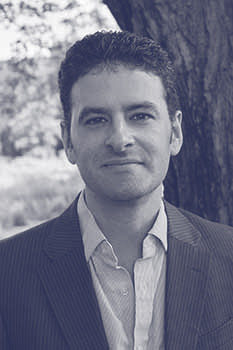Geoffrey Heal
Research
Research - 2017
In this paper, the authors’ treatment of uncertainty in environmental applications is motivated by two leading examples: climate change and biodiversity loss. They argue that in these cases uncertainty is sufficiently far-reaching that standard decision-making tools such as expected utility theory may no longer capture important aspects of our uncertainty preferences. Richer models of decision-making, which allow us to express lack of confidence in our information, may be more desirable. Read more

Research - 2015
We study collective choice when individuals have heterogeneous discounted utilitarian preferences. Two attractive properties of intertemporal preferences are indistinguishable for... Read more

Climate change is fundamentally an `out-of-sample’ problem – our available information does not tightly constrain predictions of the consequences of... Read more

Research - 2014
Intertemporal conflicts occur when a group of agents with heterogeneous time preferences must make a collective decision about how to... Read more


